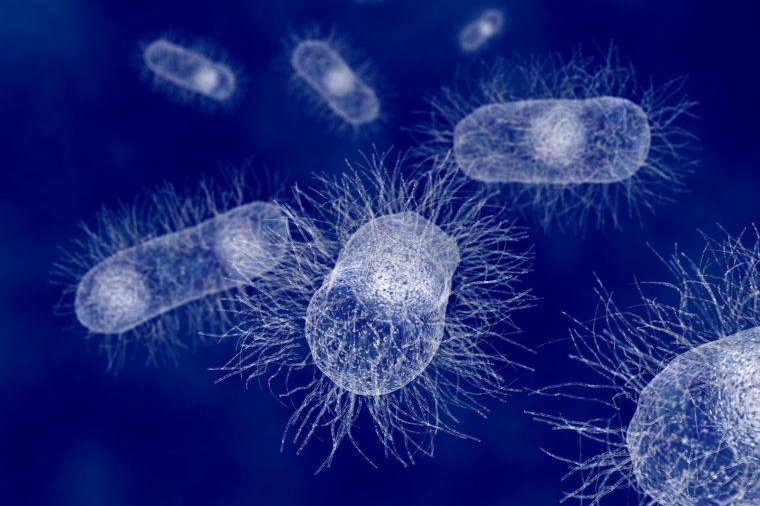A new quality control mechanism ensures hard-working bacterial cells get fed while lazier cells are starved. Photo by WSTL
ST. LOUIS, March 21 (UPI) -- Some genetically engineered microbes work harder than their lazier, but otherwise identical peers, and engineers can now measure output, and kill lazy cells.
The discovery has allowed scientists to boost production of biofuels, pharmaceuticals, materials and other useful chemicals by encouraging cells to work harder.
Chemical engineers regularly design microbes to produce various chemicals. At the University of Washington, St. Louis, a team of researchers took a closer look inside these bacterial factories and were surprised to find a unique division of labor.
Most of the chemical production work was being conducted by only a minority of the engineered E. coli cells. The rest of the cells weren't doing much of anything besides consuming energy intended for working cells.
Scientists confirmed cells don't slack off as a result of genetic mutation or malfunction. Instead, the divisions of labor between doers and bystanders is simply the natural order of things -- the result of the chaos or "noise" of biology. It's unavoidable.
To improve the ratio of working cells to moochers, chemical engineer Fuzhong Zhang and a team of researchers at WSTL developed a quality control tool called PopQC.
PopQC is a tiny sensor that can be placed inside a cell to track the amount of work being done. If the sensor measures a suitable work rate, it will release a protein to encourage the cell to grow and continue working. Should the sensor find itself inside a lazy cell, it can either deny the cell food or release a cell-killing antibiotic.
"PopQC could be applied to a variety of biosynthetic pathways and host organisms as long as a proper sensor exists that detects the product in the engineered host," Zhang, an assistant professor at WSTL, said in a news release. "Because noise is a universal problem in biology, the design principle of this work should inspire engineers from many other fields to improve efficiency of engineered systems."
The new research was published this week in the journal Nature Chemical Biology.















